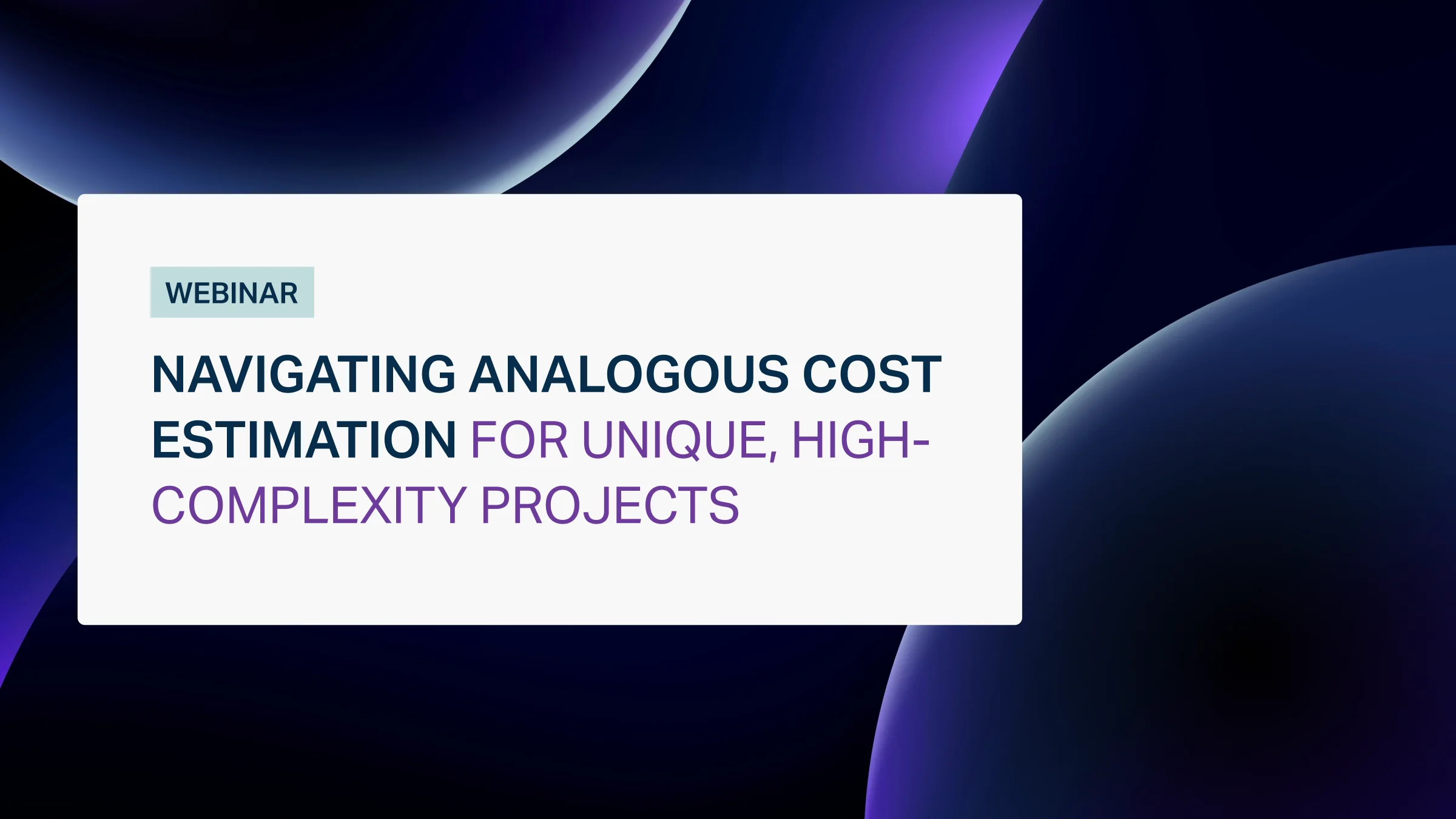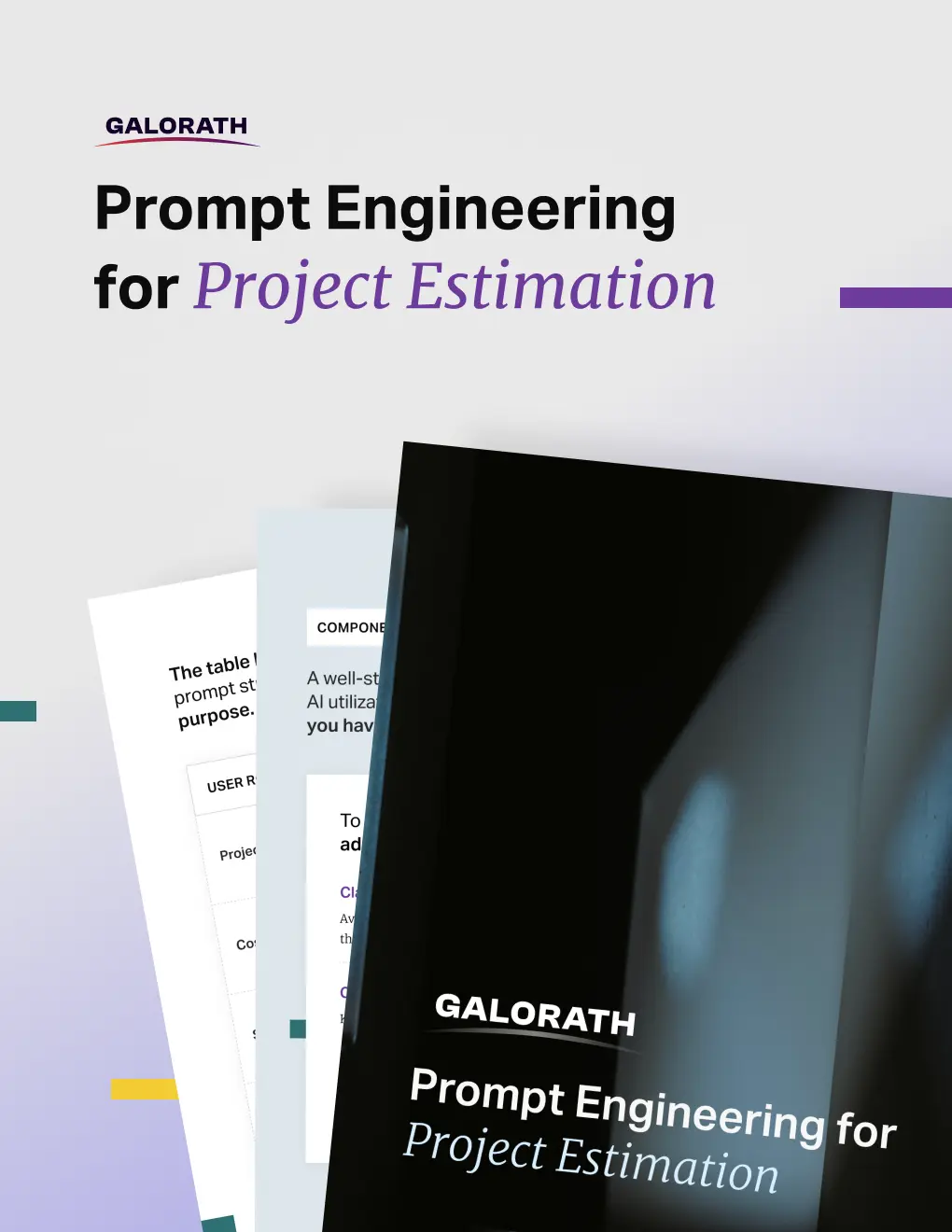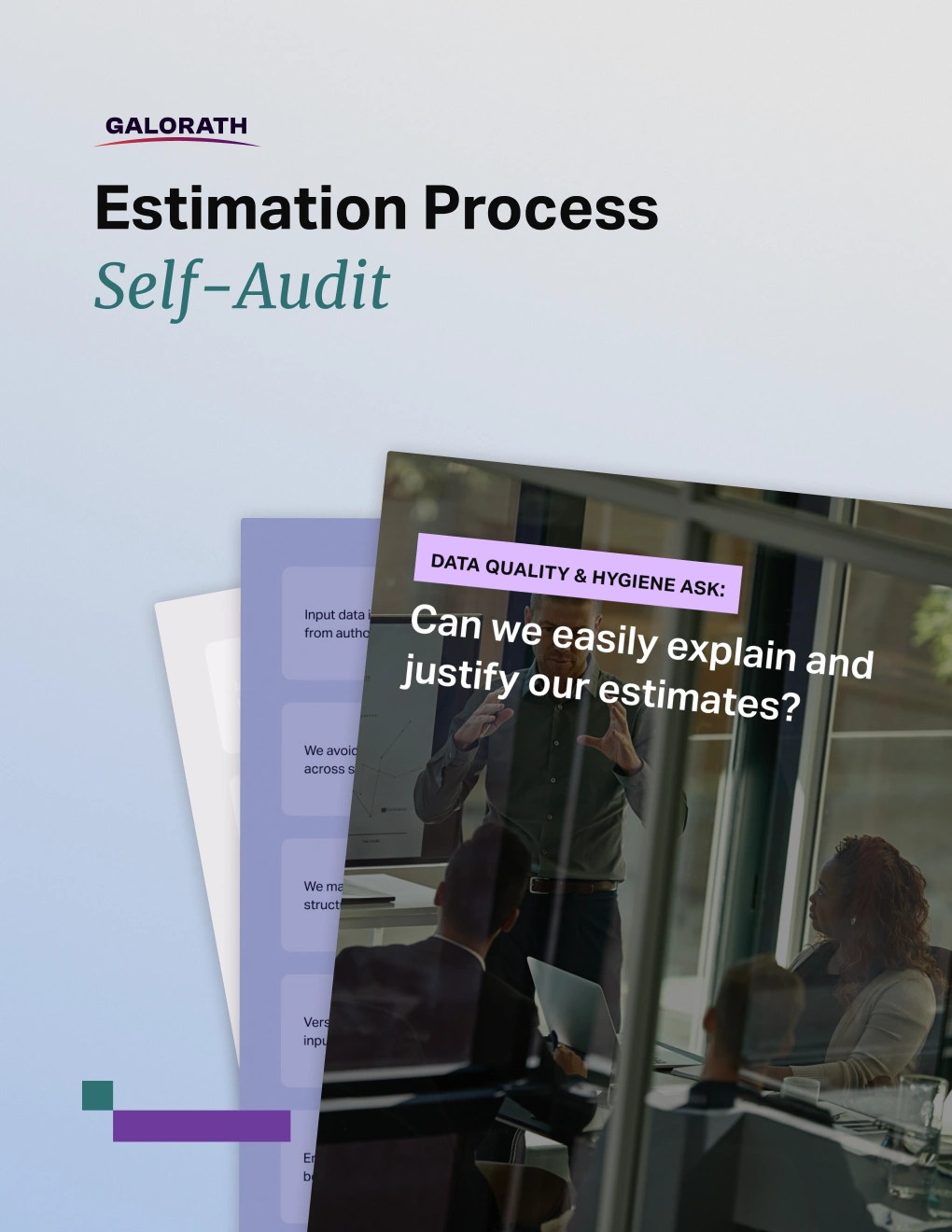Mastering Cost Risk with the CRED Model: A New Approach to Managing Uncertainty
When scope is unclear, this agent provides structure and confidence.
The Software Sizing Agent converts user stories, architecture diagrams, and functional requirements into formal software size estimates tied to effort, cost, and schedule. It supports SEER-SEM and other standard sizing formats while adapting to Agile and hybrid workflows. By quantifying scope early, it helps teams make realistic commitments, improve release planning, and avoid the pitfalls of guesswork.
Compliant
Secure
Audit-ready


Situations & triggers
Where sizing clarity matters most
Early in the software lifecycle, teams are often asked to provide delivery forecasts before requirements are stable. This creates pressure to commit based on heuristics or past velocity rather than defensible data. The Software Sizing Agent eliminates that uncertainty by translating incomplete inputs into structured outputs that teams can refine as scope evolves.
When
requirements are still forming
I want
credible size estimates so I can provide realistic plans
When
roadmaps must be presented
I want
modeled effort ranges so I can defend timelines with data
When
backlog items grow
I want to
evaluate size impacts so I can align resources
When
teams shift to new architectures
I want
comparable metrics so I can adjust expectations
Desired outcomes/Benefits
How software sizing improves delivery confidence
Without consistent sizing, software projects drift into overcommitment and underdeliver. The Software Sizing Agent brings durability to the process, linking narratives to SEER logic and quantifiable benchmarks. This ensures that project leaders, engineers, and stakeholders can make decisions based on structured evidence rather than intuition.
Early visibility
into scope, complexity, and reuse assumptions.
Improved schedule accuracy
improved through traceable size-to-effort links.
Better resource alignment
across development, testing, and support roles.
Faster roadmap validation
with structured, SEER-compatible models.
Scenarios/Playbooks
Examples of sizing in practice
Sizing is not just about estimating lines of code or story points—it is about translating functional intent into measurable scope. These scenarios illustrate how the Software Sizing Agent turns narratives into decision-ready data.
All software inputs are handled in a tenant-isolated environment. Every sizing output is traceable to the original inputs, providing transparency for audits, reviews, and executive reporting.
Learn MoreScenario 1: Early backlog planning in 3 steps
Trigger: When product managers need credible forecasts before development begins.
Step 1
Upload user stories or functional descriptions.
Step 2
The Software Sizing Agent interprets narratives and applies SEER-SEM sizing logic.
Step 3
You receive structured size estimates tied to cost and schedule models.
Scenario 2: Architecture change analysis in 3 steps
Trigger: When teams shift to a new framework or platform.
Step 1
Provide architecture diagrams or planning notes.
Step 2
The Software Sizing Agent recalculates size metrics based on complexity and reuse factors.
Step 3
You receive updated estimates highlighting scope changes and their delivery impact.
Frequently Asked Questions
What formats can the Software Sizing Agent interpret?
It supports user stories, architecture diagrams, functional specifications, and other planning narratives.
Does it replace Agile estimation methods?
No. It complements them by adding traceable, SEER-based sizing data that teams can calibrate against velocity.
Can it size incomplete requirements?
Yes. It produces preliminary estimates and highlights areas of uncertainty for review.
How does it improve planning accuracy?
By linking size estimates to effort and cost models, it reduces guesswork and helps teams defend schedules.
Is the sizing process secure?
Yes. All inputs are tenant-isolated, encrypted, and never shared outside your environment.
Turn evolving requirements into data-driven plans with the Software Sizing Agent.
Confidential by design, every response is generated within Galorath’s secure AI framework with full traceability to source inputs.
Trusted by leaders in the industry:







